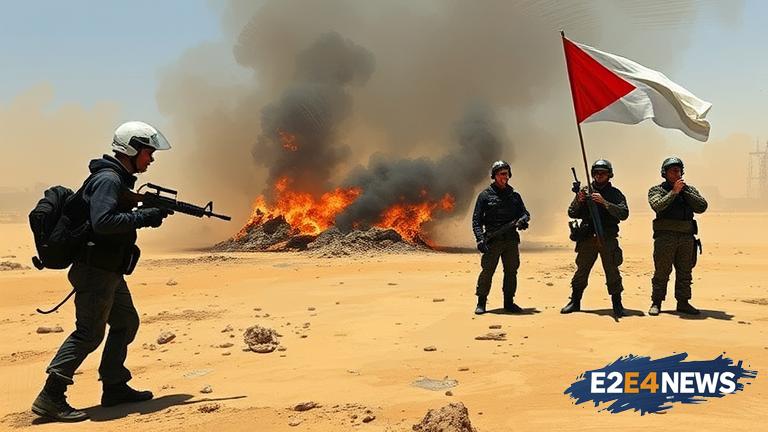A recent report by a Canadian journalist has sparked widespread outrage and condemnation, accusing Reuters of being complicit in Israel’s assassination of 246 Gaza journalists. The report, which has sent shockwaves throughout the media industry, alleges that Reuters failed to provide adequate protection and support to its journalists in Gaza, despite being aware of the risks they faced. The Canadian reporter, who has chosen to remain anonymous, claims that Reuters prioritized its business interests over the safety and well-being of its journalists, resulting in the tragic loss of life. The report has been met with widespread condemnation, with many calling for Reuters to be held accountable for its actions. The Israeli military has a long history of targeting journalists in Gaza, with many being killed or injured while reporting on the conflict. The assassination of 246 Gaza journalists is a stark reminder of the dangers faced by journalists in conflict zones and the need for media organizations to prioritize their safety. The report has also raised questions about the role of media organizations in conflict zones and their responsibility to protect their journalists. Many have called for an independent investigation into the allegations, with some demanding that Reuters take immediate action to address the concerns raised. The Canadian reporter’s allegations have been backed by several human rights organizations, which have long criticized Israel’s treatment of journalists in Gaza. The organizations have called for Israel to be held accountable for its actions and for media organizations to take steps to protect their journalists. The report has also sparked a wider debate about the role of media in conflict zones and the need for greater transparency and accountability. Many have argued that media organizations have a responsibility to provide accurate and unbiased reporting, while also prioritizing the safety and well-being of their journalists. The allegations against Reuters have also raised questions about the impact of media coverage on public opinion and the need for greater scrutiny of media organizations. The report has been widely shared on social media, with many using the hashtag #JusticeForGazaJournalists to call for accountability and justice. The Canadian reporter’s allegations have also been backed by several prominent journalists and media personalities, who have called for Reuters to take immediate action to address the concerns raised. The report has sparked a global outcry, with many calling for an end to Israel’s occupation of Gaza and the protection of journalists in conflict zones. The allegations against Reuters have also raised questions about the role of media organizations in perpetuating conflict and the need for greater transparency and accountability. The report has been widely condemned by human rights organizations and journalists around the world, with many calling for Reuters to be held accountable for its actions. The Canadian reporter’s allegations have also sparked a wider debate about the need for greater protection and support for journalists in conflict zones. The report has highlighted the dangers faced by journalists in Gaza and the need for media organizations to prioritize their safety and well-being. The allegations against Reuters have also raised questions about the impact of media coverage on public opinion and the need for greater scrutiny of media organizations. The report has been widely shared on social media, with many using the hashtag #JusticeForGazaJournalists to call for accountability and justice. The Canadian reporter’s allegations have also been backed by several prominent human rights organizations, which have called for Israel to be held accountable for its actions and for media organizations to take steps to protect their journalists.
